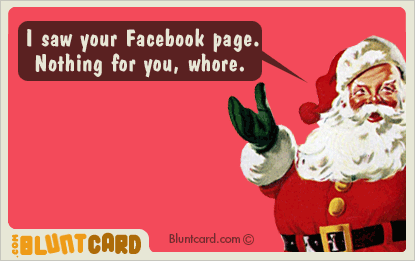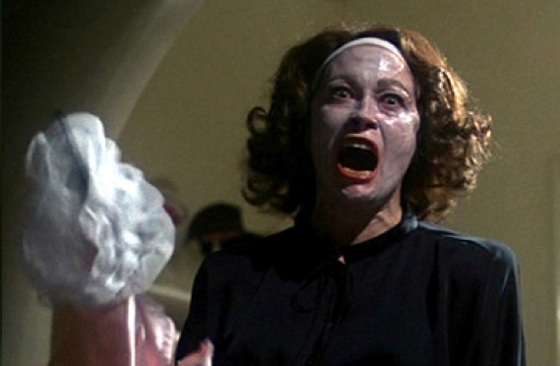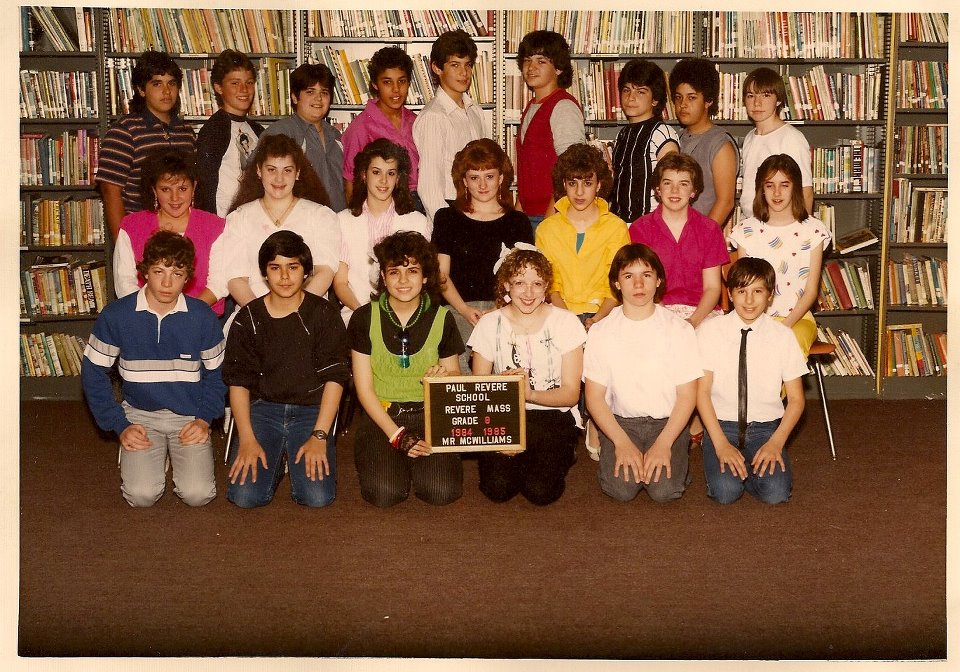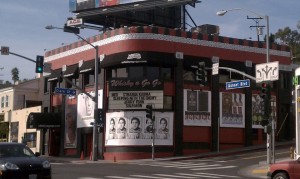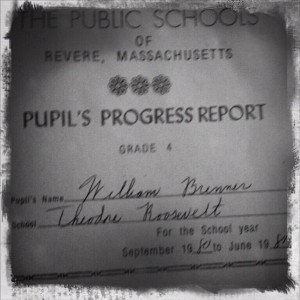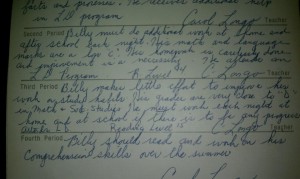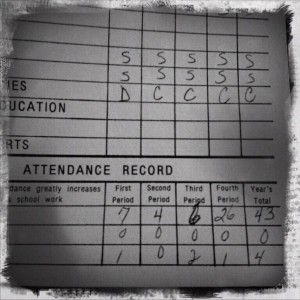Based on some of the reader feedback I’ve received lately, it’s a safe bet that some people miss the point of this blog.
Mood music:
When they read about the tougher things I’ve been through, they walk away with the notion that this is about stewing over childhood pain and obsessing over the challenges of everyday life.
But that’s not the point at all. This is about finding the beauty in life and celebrating the victories regardless of what life throws at you.
A year or so ago I led a meeting of Overeater’s Anonymous (OA), which is a 12-Step program for compulsive binge eaters, much like AA is such for alcoholics. During these meetings, the leader tells his or her story for about 15 minutes. The first five cover the speaker’s ugly path to addiction, the second five focuses on the point we hit bottom and entered the program, and the final five are about how our lives are today in recovery.
So I delved into the stormy past: The older brother dying, the best friend killing himself, the childhood disease and the depression and addiction that resulted. And, of course, the underlying OCD.
At the end of the meeting, someone expressed shock over all the troubles I’ve been through. “It’s just been one tragedy after another,” the person said. “You’ve had a horrible life.”
A horrible life? I don’t think so.
Consider the following:
I may struggle with addictive behavior, but I’m not shoving junk down my throat until my insides are ready to explode like I used to.
I may have struggled during points in my career where the demons were winning. But I’ve survived all that and made close friends in every work environment I’ve ever inhabited.
While I have been through the meat grinder, there have been many years of peace, joy and happiness in between the bad stuff. All these events are stretched out over the 41-plus years I’ve been around. If you were to sit and watch even a three-hour replay of events, you’d find it a lot more boring.
To understand this, just think about your own life. You’ve no doubt experienced sickness and death, family dysfunction and career ups and downs.
If you haven’t, you will.
In between the rough patches, I fell in love with and married the best gal on Earth, had two precious children who keep me laughing and loving, I’ve enjoyed a lot of success in my career, traveled to a lot of cool places and found God.
That stuff doesn’t suck.
Then there’s the joy I feel every day in recovery. All the great friends I have, doing a job I love and having the OCD under control.
Would I want to go through the bad stuff again? Of course not. But the weird truth is that I’m not sure I’d change the past, either. It’s easy for someone to wish they had a lost loved one back in their life and that they were less touched by illness.
But without having gone through these things, would I be where I’m at today?
I really don’t see how.
So when you read about some of the tougher things in this blog, don’t worry about me and don’t feel bad. I’m no different from most people in what I’ve been through, and it’s all good.


